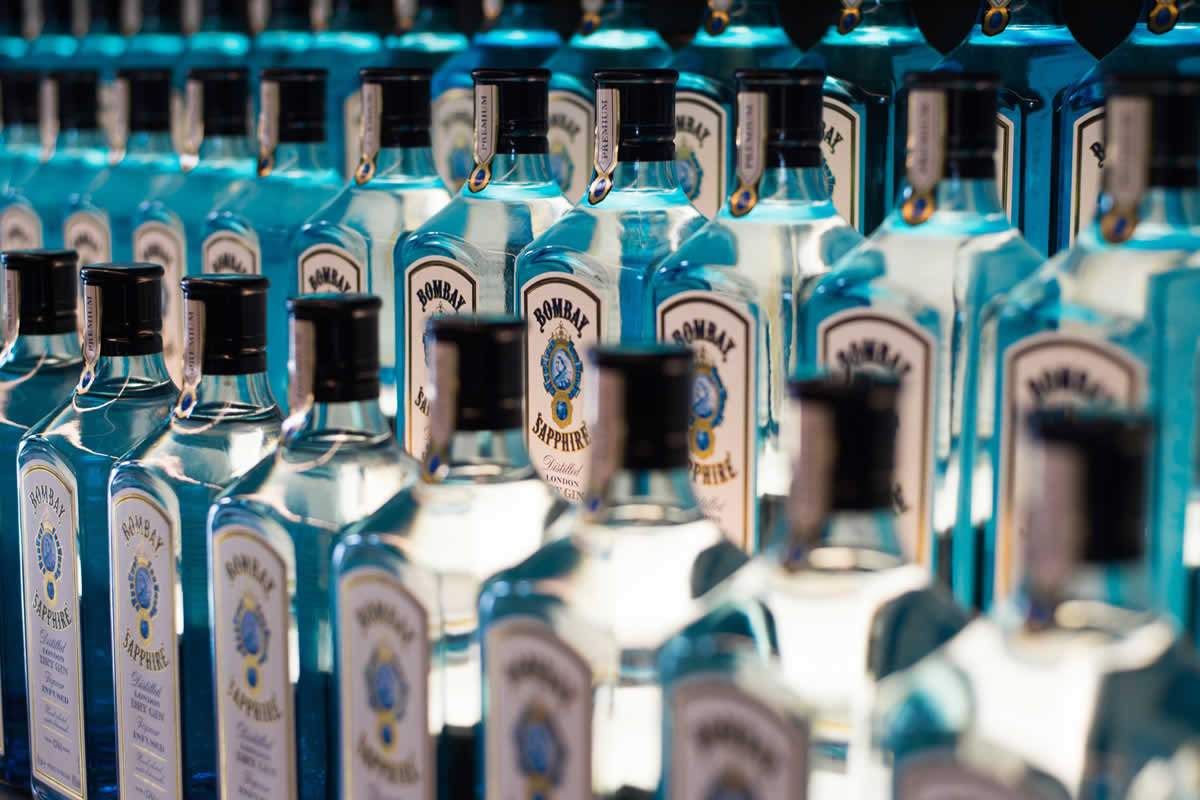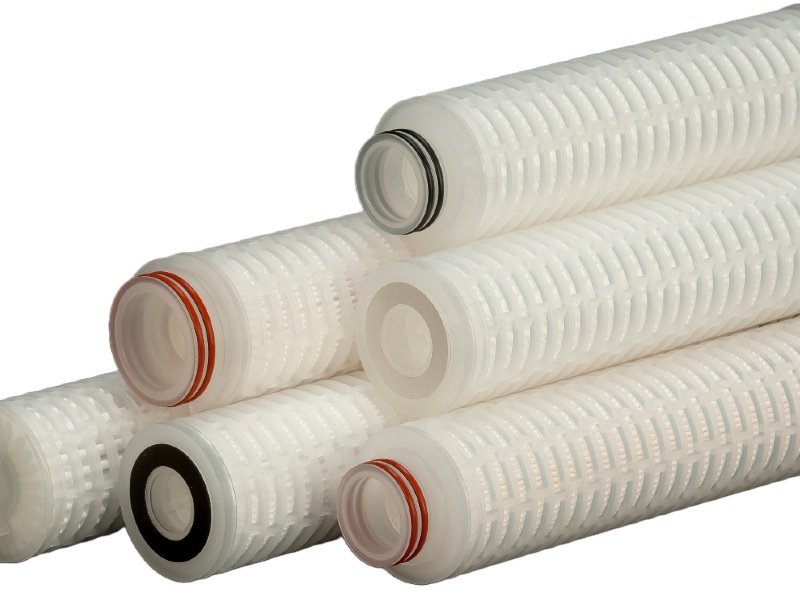The Role of Filtration in Ensuring Food Safety & Quality
In the world of food production, quality and safety are paramount. From farm to fork, countless measures are in place to guarantee that the food we consume is not only delicious but also safe for consumption.
One of the unsung heroes in this process is filtration, a critical step in ensuring that the end product meets the highest standards.
Microbiological Filtration: Safeguarding Food from Microorganisms
In the food production industry, microbiological filtration is a critical step in ensuring the safety of products. Microorganisms, such as bacteria and yeast, pose a significant threat to food quality and safety. To counter this, food processing plants often employ membrane filters with micron ratings ranging from 0.1 to 0.45 microns. These cartridge filters are specifically designed to remove microorganisms from liquids, guaranteeing that the final product remains uncontaminated. For example, in the dairy industry, where maintaining the purity of milk is paramount, ultrafiltration membranes are used to eliminate bacteria and spores, thus preventing spoilage and improving product shelf life.
Particle Filtration: Enhancing Product Aesthetics and Taste
 Particle filtration is instrumental in the food industry for the removal of unwanted particles that can mar the appearance and
Particle filtration is instrumental in the food industry for the removal of unwanted particles that can mar the appearance and
taste of the final product. This process involves the use of various cartridge filter types depending on the application. In the beverage industry, for instance, diatomaceous earth filters are commonly used to clarify liquids. These cartridge filters employ a fine, natural sedimentary material, diatomaceous earth, which effectively captures small particles and colloids. Moreover, activated carbon filters are employed to remove suspended solids and adsorb organic compounds, thus enhancing the clarity and taste of beverages, particularly in the brewing industry where the visual appeal and flavour of beer are critical.
Water Filtration for Food Processing: Mitigating Contaminant Risks
Water is a versatile ingredient in food processing, but its quality is a critical concern. Cartridge filtration is essential for removing impurities and contaminants from water, mitigating the risk of foodborne illnesses and ensuring product safety. Various filtration techniques are used, each tailored to specific needs, often characterised by specific micron ratings. For example, microfiltration membranes with micron ratings between 0.1 to 1 micron effectively remove pathogens and microorganisms, ensuring that products meet rigorous safety and quality standards. Additionally, ultrafiltration cartridges (0.01 to 0.1 micron) and reverse osmosis membranes (as low as 0.0001 micron) are crucial for purifying water used in beverage and dairy production, meeting the industry's stringent water quality requirements.
Quality Assurance and Taste Enhancement
Cartridge filtration goes beyond safety; it also plays a vital role in enhancing the taste and quality of food and beverages. Activated carbon filters, for instance, are used to remove unwanted tastes and odours, such as the chlorine taste in tap water. This ensures that the water used in food production does not negatively impact the final product's flavor.
Preventing Contaminant Migration
Another essential aspect of cartridge filtration in food safety is preventing contaminant migration. For example, in the packaging of food and beverages, cartridge filters are used to ensure that no contaminants from the packaging materials migrate into the product, preserving its integrity and safety.
Meeting Regulatory Standards
In the food industry, adherence to strict regulatory standards is non-negotiable. Regulatory agencies like the Food Standards Agency (FSA) set stringent guidelines for food safety. Filtration is a key tool in meeting these standards by ensuring that food and beverages don't contain harmful microorganisms, contaminants, or unwanted particles.
Filtration is a silent yet indispensable hero in the food industry. It not only safeguards food safety by removing microorganisms and contaminants but also enhances the quality of food and beverages by ensuring clarity, taste, and visual appeal. Whether it's in the production of wine, dairy products, or even bottled water, cartridge filtration is a vital step that ensures the food we enjoy is not only delicious but safe for consumption. In a world where food safety and quality are paramount, filtration is an unsung hero that deserves recognition for its critical role in our daily lives.
Here at Porefilter, we live and breathe filters. So If you'd like a no-obligation quote, where we guarantee to save you to 15% off you current filtration spend, or you'd just like some advice on how you could cut your filtration costs, then give us a call or send us an email, we'd be happy to help
PoreFiltration – Making your filtration systems work harder





